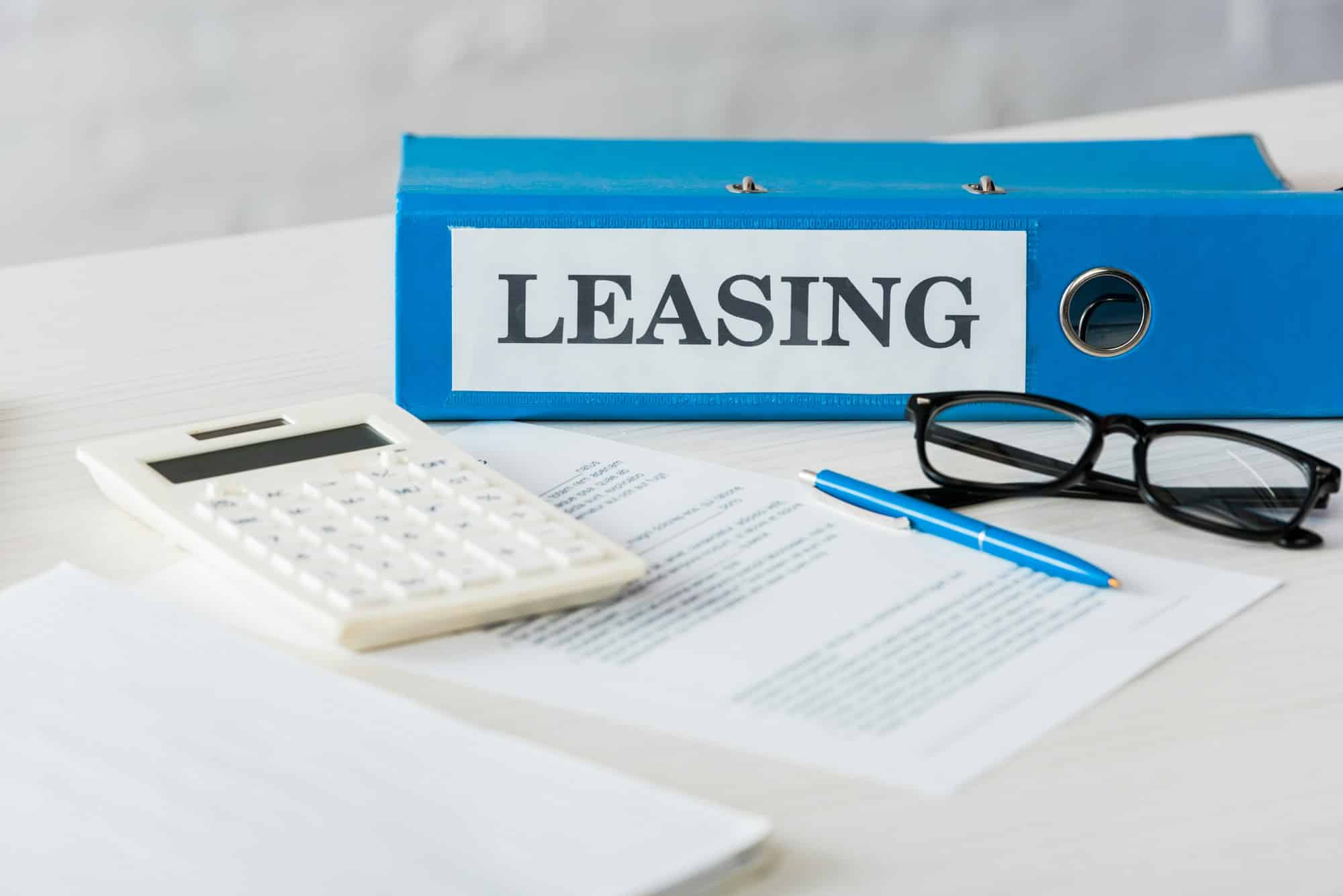In today’s fast-paced world, owning a car is more than just a status symbol. It is a necessity. It gives you the freedom to move at your own pace and convenience. But, is buying a vehicle outright the best decision? Or is leasing a more sensible option? This article aims to provide a comprehensive comparison of both options to help you make an informed decision. So, let’s delve into the world of cars, finance, and contracts.
Understanding Car Leasing
Car leasing, in layman’s terms, is like renting a vehicle for a specific term, usually between two to four years. You agree to make monthly payments for the duration of the lease contract. At the end of the term, you return the car to the leasing company.
Have you seen this : Selecting the Right Booster Seat for Older Kids: A Comprehensive Guide for UK Parents
In this section, we will discuss the various aspects associated with leasing a vehicle, including monthly payments, insurance, mileage, and associated costs.
Monthly Payments and Costs
With leasing, the monthly payments are generally lower than when you buy a car. This is because you’re only paying for the depreciation of the vehicle during the lease term and not the full cost of the car. Also, the initial cost (down payment) is usually less for a lease deal than for a purchase.
Also read : Unlocking Classic Car Status: Essential Criteria for UK Vehicles
However, there may be other costs associated with leasing such as acquisition fees, security deposits, and disposition fees at the end of the lease. These costs will vary depending on the leasing company and the specific lease deal.
Insurance and Mileage
When you lease a car, you are required to carry a certain level of auto insurance as stipulated by the leasing company. This is generally higher than the minimum insurance required by law, which means your insurance costs could be higher when leasing.
Also, most lease contracts have mileage limits. If you drive more than the agreed number of miles, you will incur additional charges for the excess mileage.
Buying a Car: Understanding the Finance and Contract
Buying a car involves either paying the full cost of the vehicle upfront or financing the purchase through a loan. If you choose to finance, you will enter into a contract with a lender who will pay the car’s price, and you agree to repay the money over a certain term with interest.
In the following sections, we will explore the financial implications, contractual obligations, and costs involved in buying a vehicle.
Finance and Monthly Payments
Financing a car purchase involves making a down payment followed by monthly payments over the loan term. The monthly payments are higher than leasing since you are paying for the entire cost of the vehicle, plus interest.
However, at the end of the loan term, you will own the car outright and can choose to keep it, sell it or trade it in.
Insurance, Mileage, and Additional Costs
Insurance costs for a purchased car are typically lower than for a leased vehicle. This is because you can choose to carry only the legal minimum coverage if you want to, especially once the car is paid off.
Unlike leasing, there’s no limit on mileage when you buy a car. However, higher mileage will depreciate the vehicle’s value faster, which could be a concern if you plan to sell or trade-in the car in the future.
Additional costs when buying a car include sales tax, registration fees, and maintenance and repair costs, especially as the car ages.
Evaluating What’s Best for You
When deciding between leasing and buying a car, it’s essential to evaluate what will work best for you. Consider factors such as how much you can afford for monthly payments, how many miles you drive annually, how often you want to have a new car, and whether you want to own the car at the end of the payment term.
If you like driving a new car every few years, can handle the insurance and mileage limitations, and prefer lower monthly payments, leasing may be a better deal for you. However, if you wish to own a car eventually and don’t mind higher monthly payments, buying could be the way to go.
Remember that both leasing and buying have their pros and cons, and the best decision is one that fits your personal needs, lifestyle, and financial situation.
The UK Perspective
The car market in the UK is diverse and dynamic. Around 2.3 million cars were registered in the country in 2020, with a fairly even split between purchases and leases.
In recent years, leasing has become a popular choice in the UK due to factors like lower monthly payments, the chance to drive a new car every few years, and no worries about depreciation or selling the car.
On the other hand, buying has its own merits. It gives you the freedom to modify the car as you wish, no worries about additional mileage charges, and you have an asset at the end of the payment term.
In conclusion, the choice between leasing and buying a car in the UK will depend on your individual circumstances and preferences, and there’s no one-size-fits-all answer. The most important thing is to make an informed decision and choose what’s best for you.
Hidden Costs: Leasing vs Buying
While both leasing and buying a car come with their own set of expenses, there are certain overlooked costs that can add up over time. It’s important to consider these hidden charges when deciding between leasing or buying a car.
Unexpected Fees with Car Leasing
Leasing a car may seem more economical due to lower monthly payments, but be aware of potential hidden costs. For example, wear and tear. Car leasing companies expect the car to be returned in excellent condition. If they find any damage beyond normal wear and tear, you may be charged for repairs.
Another important consideration is the dreaded early termination fee. If you try to return the leased car before the end of the contract, you may be hit with a hefty fee, sometimes equivalent to the remaining lease payments. Always read your contract thoroughly to understand the implications of ending your lease early.
Lastly, don’t forget about excess mileage charges. Lease contracts include an annual mileage limit, usually around 10,000 to 15,000 miles. If you go over this limit, you could be charged an additional fee per mile.
Hidden Costs of Buying a Car
When buying a car, it’s not just the price tag you need to consider. First is the depreciation. A new car loses value as soon as you drive it off the lot, and continues to depreciate over time. This may not affect you if you plan on keeping the car for a long time, but if you’re thinking of selling or trading in the car in a few years, it’s a significant factor to consider.
Another hidden cost of buying a car is maintenance and repair. As a car ages, it requires more upkeep. While regular maintenance like oil changes and tire rotations aren’t overly expensive, major repairs can be a significant expense.
Finally, let’s not forget about interest. If you finance your car purchase through a loan, you’ll be paying interest on top of the car’s price. Depending on the loan term and interest rate, this could add thousands to the overall cost of the car.
Conclusion
In essence, both leasing and buying a car have their own set of advantages and disadvantages. Leasing offers lower monthly payments, the ability to drive a new car every few years and eliminates worries about selling the car. Meanwhile, buying a car gives you ownership, the freedom to modify the car and no restrictions on mileage.
The decision between leasing or buying a car in the UK largely depends on your personal needs, lifestyle, and financial situation. Understanding the ins and outs of car finance, as well as the hidden costs associated with each option, is key to making an informed decision.
Ultimately, whether you decide to lease or buy your car, it’s crucial to read the fine print, understand all the terms and conditions, and be aware of any hidden costs. By doing so, you can ensure you’re making the best decision for your long-term financial health and lifestyle needs.
Remember, owning or driving a car should be a pleasure, not a burden. So, choose wisely and drive safely!















